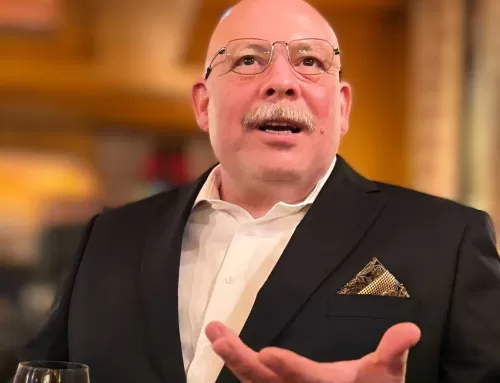No. No, because capitalism that serves the people must be based on a moral foundation of ser ving the people. The western-style capitalist model has become one that only the self need be served.
ving the people. The western-style capitalist model has become one that only the self need be served.
No. No, because the premise of capitalism is that of the so-called American Dream, essentially that if you work hard you will succeed. What this ignores is centuries of systemic racism and sexism that have left in its wake disparity of opportunity. There is no proof that those who enjoy great prosperity are “hard-workers,” in-fact, most evidence would suggest that their positions of prosperity are the result of inherited wealth, wealth that has been accrued based on unfair advantages based on sex and race, and cruel disadvantages forcefully imposed on others based on sex and race.
No. No, because those who most vehemently support capitalism are often the most corrupt.
No. No, because the economic model of continuous growth is not sustainable. The continuous growth model is cannibalistic and will eventually devour itself.
What we need is a system that levels the playing field.
We need a system that undoes the centuries of oppression heaped upon women and people of color.
We need a system in which we are satisfied with less.
We need a system in which we put others before ourselves.
We need a system that promotes and sustains morality and does not turn a blind eye to injustice.
For too long the alternative to capitalism has been socialism and communism. It was proved that a fully centralized system of distribution doesn’t work. But, it must be admitted that those systems failed not because a shared economy failed, those systems failed because they continued to reproduce the inequality we see in the capitalist societies. The elite hold all the power and all the wealth and the poor must simply wait on the crumbs to fall. That is not a system that works – and it doesn’t matter if it is a communist system or a capitalist system. Strong economies are economies in which the majority are flourishing.
For this to happen there must be security, financial and emotional, from the bottom up. But, the semiotic ghosts of socialism and communism are perhaps too much for the world to overcome. What we need is a “moon-shot economy” – one that we come together to solve the greatest problem of our generation. How do we overcome centuries of systemic oppression? How do we level the playing field? How do we feed the world? How do we heal the sick? How to we enjoy life? The new economy must address equity and liberty and restraint in ways we have never considered. We must correct the past, cherish the present, and protect the future. The problem is that there are no seats at the table and those who currently occupy the seats have a vested interest in maintaining the status quo. — Sarah Leedberg




